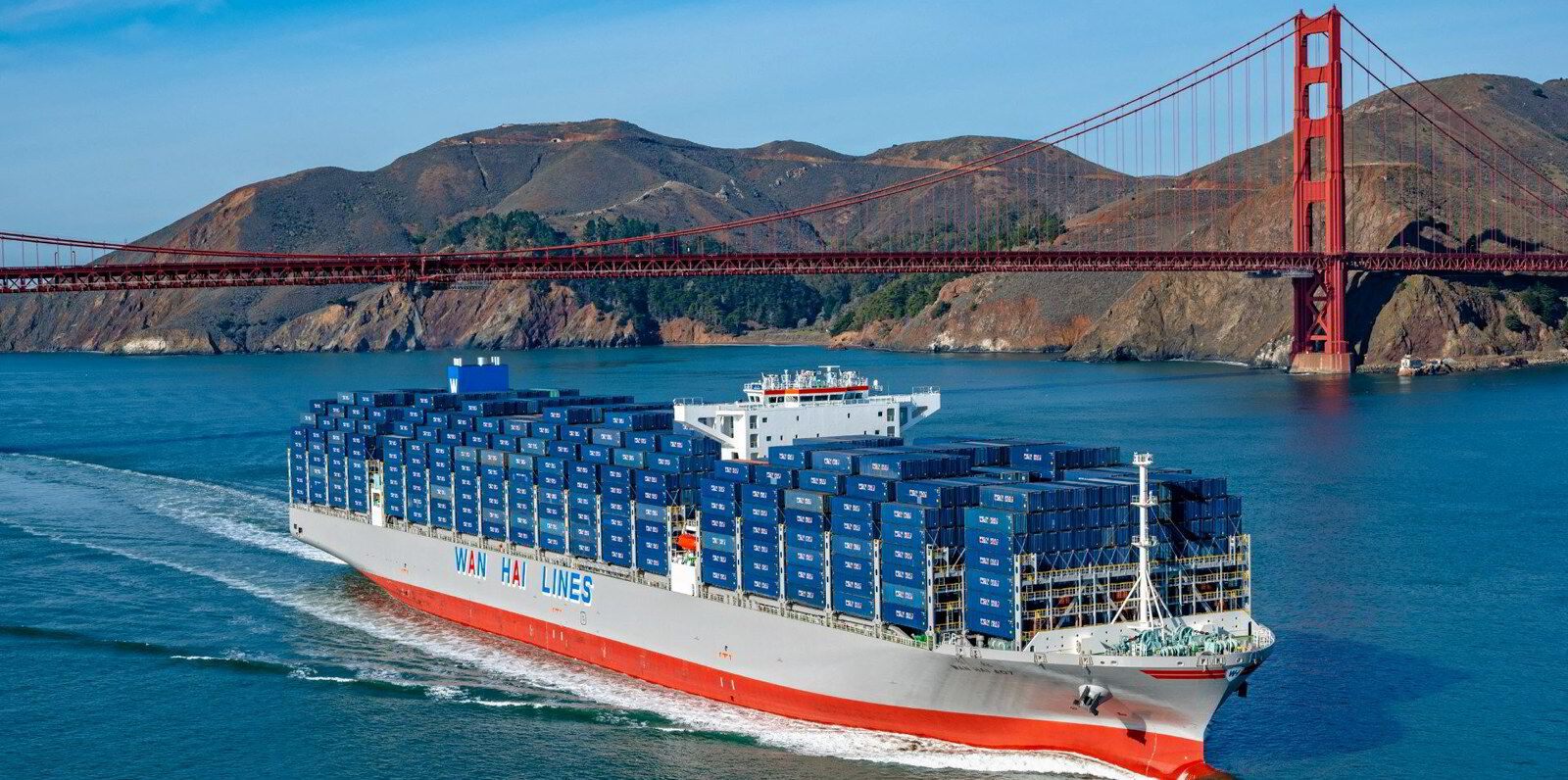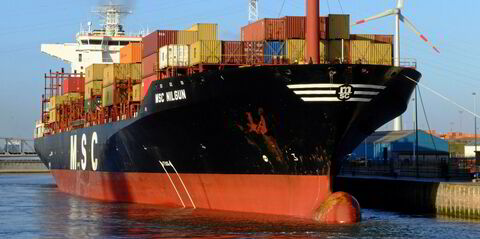Denmark’s AP Moller-Maersk has sourced more green methanol for its new ships in China.
In what it calls a major long-term deal, the group has signed up with LONGi Green Energy Technology for offtake from 2026.
The shipowner said the agreement means it is making progress in securing enough methanol for its owned fleet of seven dual-fuel vessels on the water.
Maersk’s combined methanol offtake agreements now meet more than 50% of the dual-fuel methanol fleet demand in 2027.
“Bio- and e-methanol continues to be the most promising alternative shipping fuels to scale up in this decade, and the agreement with LONGi serves as a testament to this,” Maersk chief operating officer Rabab Boulos said.
“Global shipping’s main net-zero challenge is the price gap between fossil fuels and the alternatives with lower greenhouse gas emissions.
“We continue to strongly urge the International Maritime Organization’s member states to level the playing field by adopting a global green fuel standard and an ambitious pricing mechanism which the industry urgently needs,” he added.
Several other methanol projects are currently in advanced stages of maturity, the group said.
LONGi produces bio-methanol at a facility in Xu Chang in central China.
It uses residues from straw and fruit tree cuttings.
Full production is expected at the end of the decade.
Volumes have not been specified but the deal stretches into the 2030s, Maersk said.
Green requirements met
The fuel will meet Maersk’s methanol sustainability requirements, including at least 65% reductions in greenhouse gas emissions.
Earlier this month, Maersk chief commercial officer Karsten Kildahl told TradeWinds that the company will have sufficient green methanol only for the first six of its new dual-fuel container ships by 2026 when new offtake agreements kick in.
With 25 dual-fuel methanol vessels in operation and on order, Kildahl said it equates to a significant shortfall in the medium term.
Maersk currently has enough supplies for two of the new ships to run solely on green methanol while the rest will be run with a mix of conventional fuels, Kildahl said.




